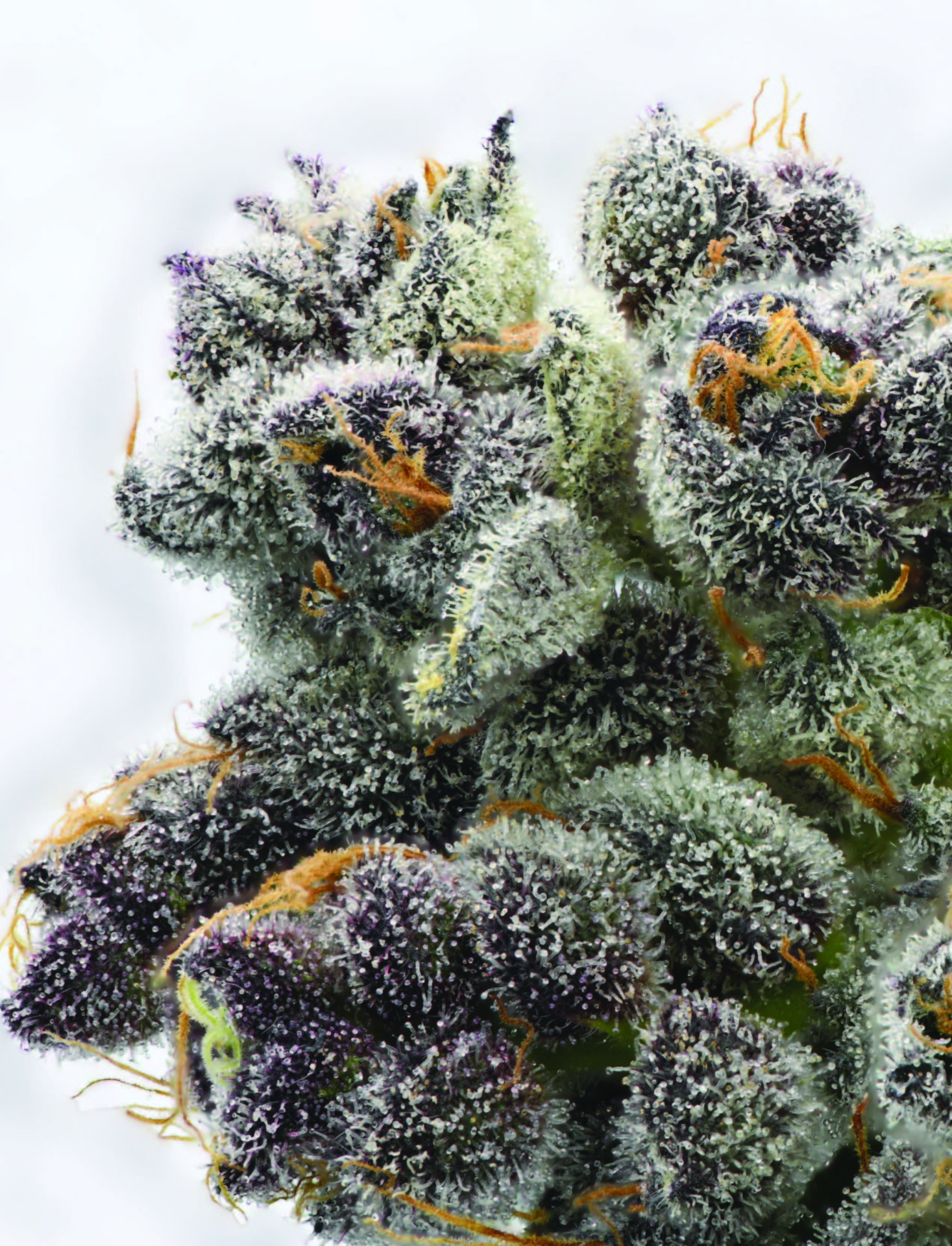By Thomas Press
How is it possible that the American Medical Association promotes pharmaceuticals exclusively over the use of whole plants for the majority of all maladies? After Cannabis was removed from the Pharmacopeia Americana in an aggressive editing session that eliminated what would half of today’s ‘modern’ P.A., the new idea that medical institutions and healthcare was centered around symptom management was not dominant. There has been a shift away from healing people and towards a system of perpetual management in which symptoms are disguised but not cured and health problems are compounded by the side-effects and symptoms of each pharmaceutical regimen prescribed to address other symptoms. By Thomas Press Such changes in the approach to the study and practice of medicine have resulted in a sicker population taking more drugs than ever before. That one plant, cannabis, being edited out of the P.A. was a fundamental violation of an implied Hippocratic responsibility, and the P.A., in association with the AMA, set the stage for the removal and subsequent omission of useful knowledge from established and acceptable medical training, and shaped training pertaining to medicinal substances to exclude genuine remedies. As Cannabis has been legalized across many States are working diligently to find out why and to what benefit people prefer Cannabis to other drugs, despite its prohibitive status. Enter Ph.D. Jacob M. Vigil who, with cohorts Sarah S. Stith, Ian M. Adams, and Anthony P. Reeve, has set out to do just that. With legalization at the State level it has become feasible to study cannabis patients, even though research arounf the Cannabis plant is illegal Federally. Vigil’s research is the sort of foundational study that troves of knowledge may ultimately be gleaned from. As a Ph.D. in Developmental Psychology, Vigil was concerned about the impact opiates are having on our population. He became curious about anecdotes from many MMJ patients regarding reducing and even replacing their opiate addiction with Cannabis. In a groundbreaking study titled Associations Between Medical Cannabis and Prescription Opioid Use in Chronic Pain Patients: A Preliminary Cohort Study, Ph.D. Vigil studied opiate users as well as specifically opiate users also enrolled in NMMCP (New Mexico Medical Cannabis Program). As methodology, 37 habitual opioid using, chronic pain patients enrolled in the NMMCP were compared to 29 non-enrolled patients who were habitual opioid users. The findings from this extensive and 21 month study are significant, warranting the much larger study currently being organized to include thousands of patients and multiple classes of drugs, as well as conditions beyond chronic pain.
Building on pre existing models of understanding, Ph.D. Vigil’s work will pave the way for a significantly greater understanding in behavioral, neural, and other aspects of the medical sciences. In the next Kurple we will have an extensive Q & A with Ph.D. Vigil, regarding the data he has worked to bring into medicine’s body of knowledge. At some point, the Pharmacopeia Americana will be blessed again with an ever growing understanding of the amazing plant estranged. Over time the larger body of physicians will embrace the properties of cannabis upon which half of our pharmacopeia was built before the plant’s egregious erasure from history. It is from the efforts of those like Ph.D Vigil that great strides in medicine are made, so that perhaps we can end up trying to truly cure patients, of which we all are, and turn away from mere symptom management as a general practice. Associations Between Medical Cannabis and Prescription Opioid Use in Chronic Pain Patients: A Preliminary Cohort Study is available for you to read as an open source study online here
http://journals.plos.org/plosone/article?id=10.1371/journal.pone.0187795

















